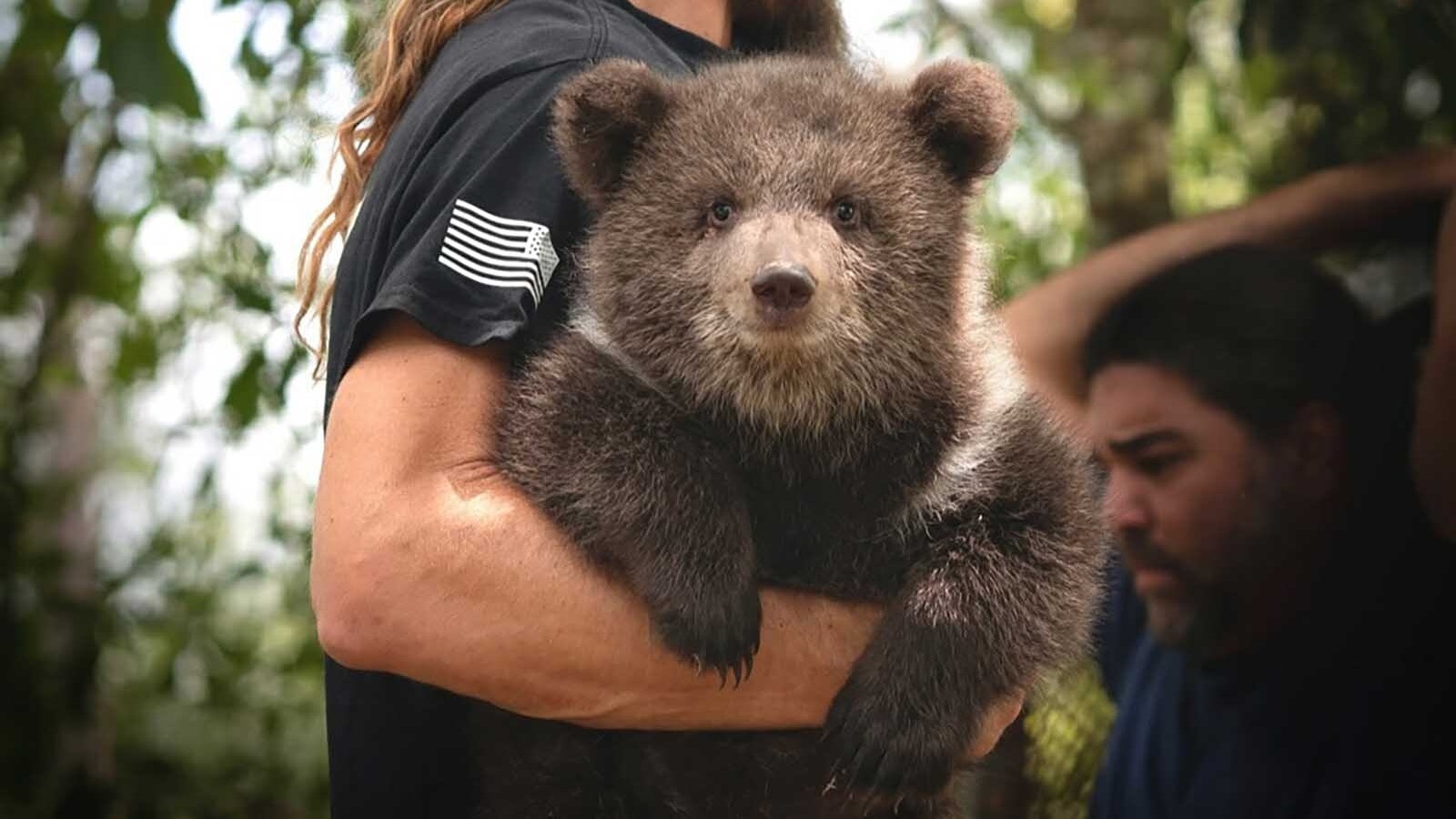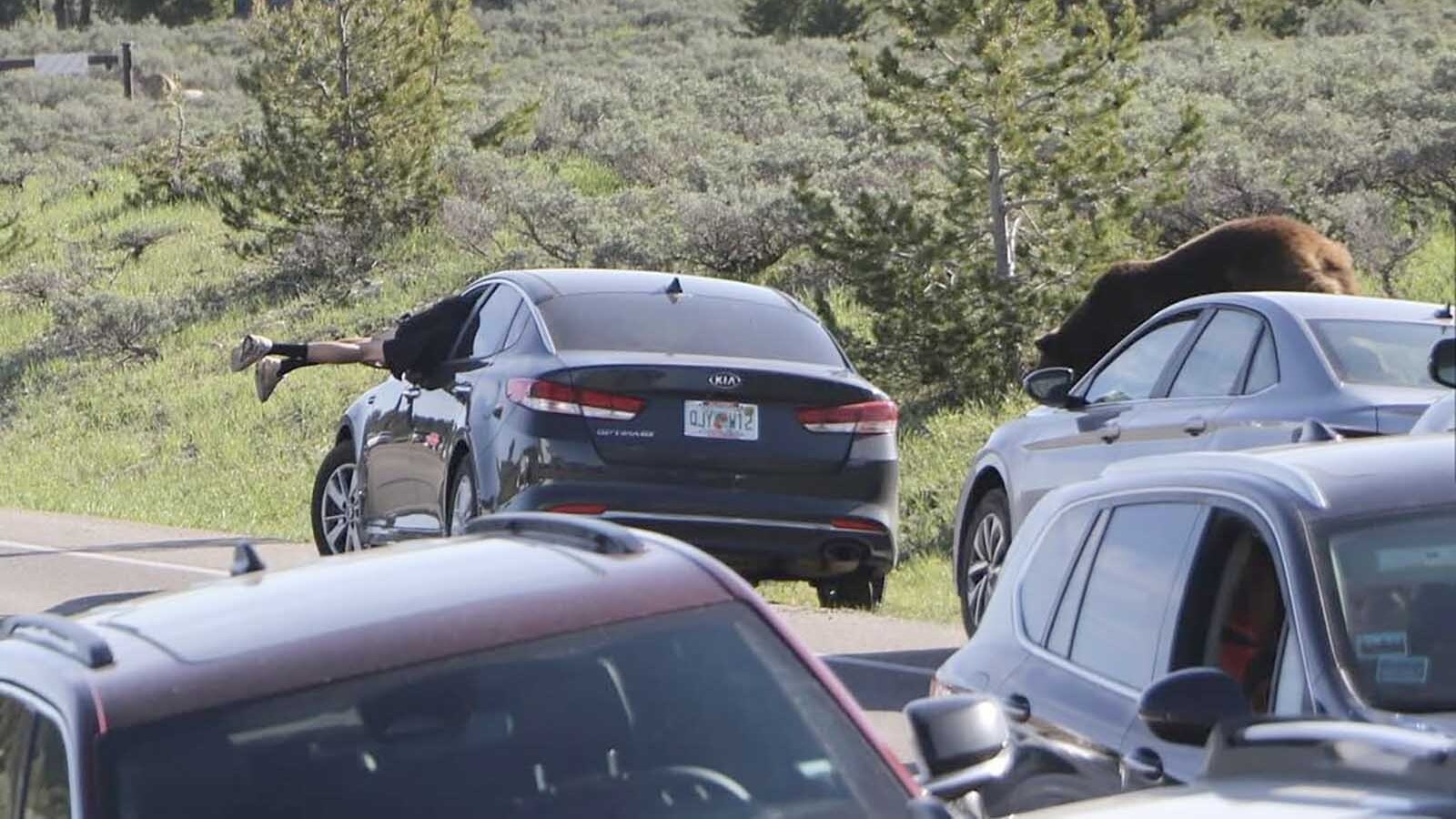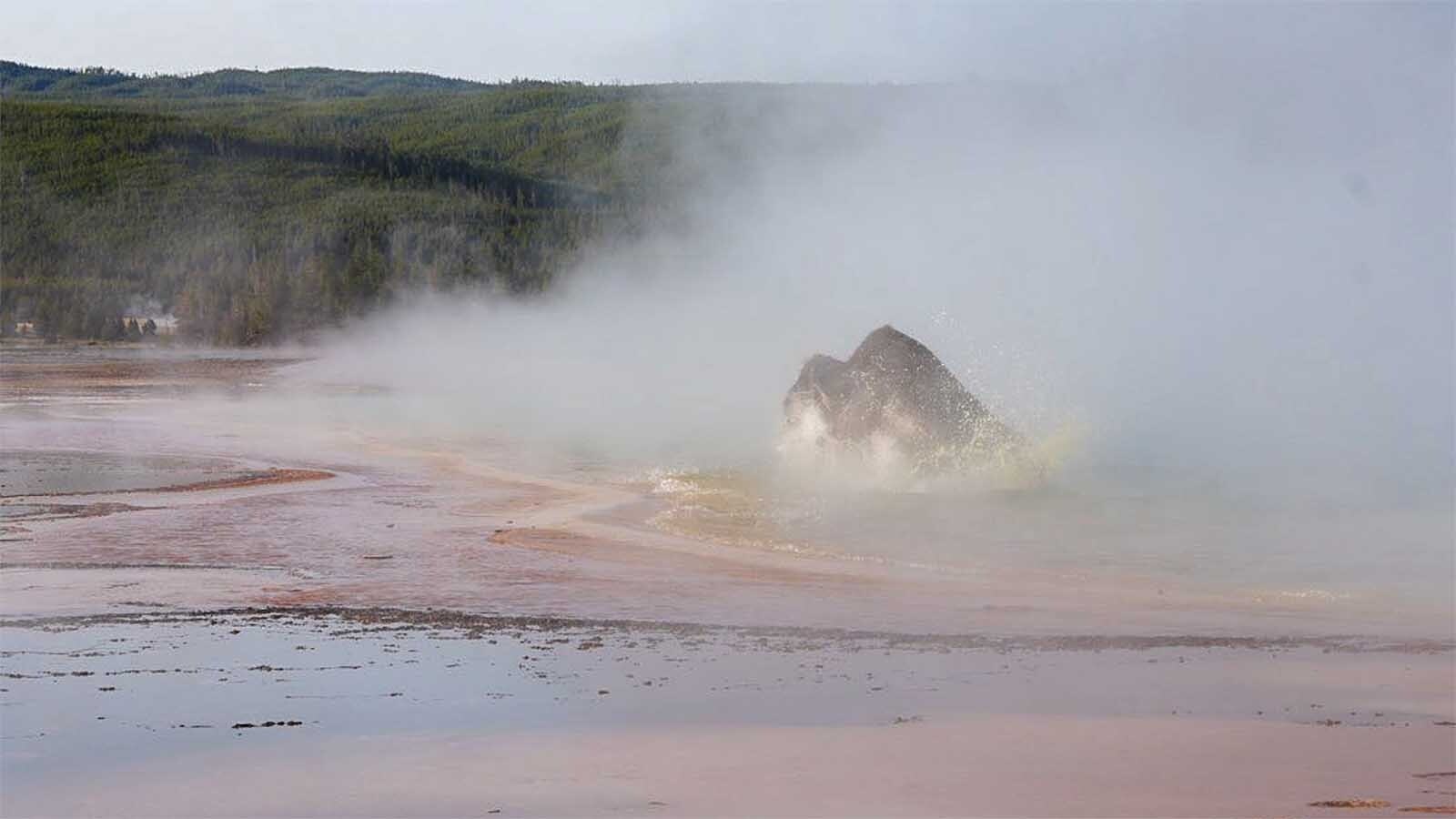Although it may not be as pivotal as a COVID-19 vaccine, if you were wondering when facial recognition software for grizzly bears might be developed, you’re in luck.
A university in Canada has teamed up with a software firm (also out of Canada) to come up with exactly that.
The goal is not to empower tourists with an iPhone app so they can run after grizzlies to find out their names (which sadly they would do in great numbers).
A University of Victoria biologist told the Times Colonist newspaper that this is more of a wildlife management idea.
“Learning about individual animals and their life stories can really have positive effects on public engagement and really help with conservation efforts,” Melanie Clapham said.
Besides, it’s uncertain whether the trail runner who bounced off a grizzly at Glacier National Park in July would want to know the history of the bear anyway.
She might just be happy that the bear didn’t rip her head off.
Same goes for the Montana man in August who snuck up on a grizzly bear in an abandoned shed and nearly did have his head ripped off.
He probably is not interested in knowing where the grizzly was born.
But for wildlife management workers, it could be helpful.
The authors of the study say instead of capturing and tagging bears, “camera traps” would be used.
“We could capture many more individuals with this method and track them, observe their movements in relation to food, and do much better population assessments,” Clapham said.
If this sounds way too far-fetched, it’s not. It’s already in use with chimpanzees and gorillas (for what, we have no idea).
Orca whales may be next (of course).
“It would help a lot of people if we could easily say whether a whale is transient or a resident as the rules for watching them are different, but the average person can’t tell the difference,” a Canadian biologist said.





